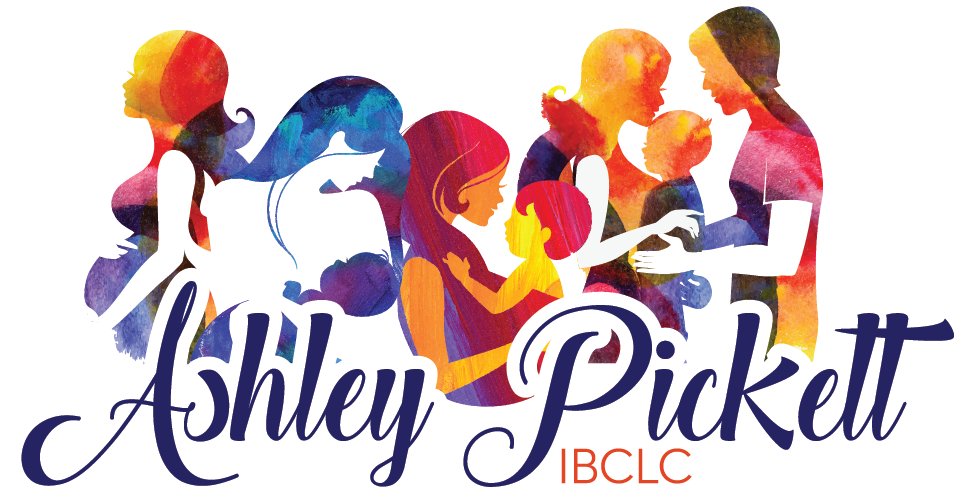Is Leaving a Baby to Cry Really Helpful?
Should You Let Your Baby Cry It Out? Breakdown of What a New Study Says About Baby Crying + Mental Health
A new study just dropped looking at whether letting babies “cry it out” affects how they bond with their parents down the road. As someone who’s all about infant mental health, I had to check it out. I haven’t read the full paper yet, but I went through the summary—and here’s what stood out.
So... Is Crying It Out Actually Harmful?
This study looked at babies who were sometimes left to cry on their own in the first few months. By the time they hit 18 months, these same babies didn’t seem to have any major attachment issues and actually cried less overall. They also did fine on a standard test that looks at how secure their bond is with their parents.
Sounds kind of reassuring, right?
Still, it made me think: just because babies seem okay at 18 months, does that mean everything’s good long-term? Kids are super adaptable, but that doesn’t mean tough moments don’t affect them at all.
Resilience ≠ Immunity to Stress
Kids can bounce back from a lot when they have enough love, support, and consistency in their lives. Again good news - as long as we are ind, consistent and loving! That doesn’t mean it’s totally fine to let them go through hard stuff alone, on purpose, just because they might be okay later. Does it?
Basically: Yes, resilience is real. But it’s not a green light to ignore a baby crying and hope for the best.
Why Early Experiences Matter
Science shows that babies’ brains are being wired in those early months. How they’re cared for starts shaping how they see the world and what they expect from people. It starts to build the foundations of trust, and how much they can rely on their attachment-figures to be there to regulate their nervous system, soothe their stress since they cannot, and respond to what they serve out to you, by way of crying and body language.
The good news? Positive interactions can help balance out early stressful moments. The key is making sure those loving, responsive moments happen way more often than the hard ones. With distress-based parenting tools, when does the upset stop? When they wake at night, and have learned to forgo calling out for their safe people, are they calm, or distress but alone? Are they going right back to sleep, or as some research suggests, laying awake without self-regulatory skills to go back to sleep, but trained out of seeking co-regulation?
A Quick Note on ACEs (Adverse Childhood Experiences)
You might’ve heard of ACEs before—Adverse Childhood Events—things like neglect, abuse, or growing up in a high-stress home. The more of these a child goes through, the more likely it is to impact their mental and physical health long-term. ACE’s can be anything from swearing at a child, to living through an amicable divorce, to a parent with a mental health condition, to more severe situations like abuse, addiction and neglect, or a parent who is in jail. To the littles, these are all as impactful as one another when discussing ACE’s, and the more you collect, the higher your risk of mental health conditions, cardiac risk, diabetes, and stroke!
Some of this stuff can’t be avoided (life happens). But a lot of it can be reduced with a wee bit of knowledge and a while lot of perserverance.
It's All About Balance
Raising a kid is basically one big balancing act. You want to protect them from the stuff that could really mess with their development, while also knowing you can’t do it all perfectly every time. Even things like letting a baby cry for a bit because you’re struggling with postpartum depression, or you just need a break, are real-life situations. That doesn’t make you a bad parent—it makes you human. The important part is making sure those hard moments don’t outweigh all the good stuff: snuggles, talking, eye contact, responsiveness, love.
TL;DR: What Can You Actually Do With This Info?
If your baby cries sometimes and you don’t get to them instantly, that’s okay.
If you’re going through a hard time and need to make some tough choices, do what works—and make up for it with love and connection when you can.
The goal is never perfection, just more positive than negative.
You know your kid best. Trust your gut. If it doesn’t feel right it likely isn’t.
Wanna Learn More?
If you’re into this kind of thing, the Alberta Family Wellness: Brain Story course is free and super informative.
It explains how kids’ brains develop, how trauma works, and how to build resilience. It’s science, but easy to follow.
And if you ever want to talk more about this stuff or get help figuring out what works for your family, I’m always here to chat.
xoxo Ashley
